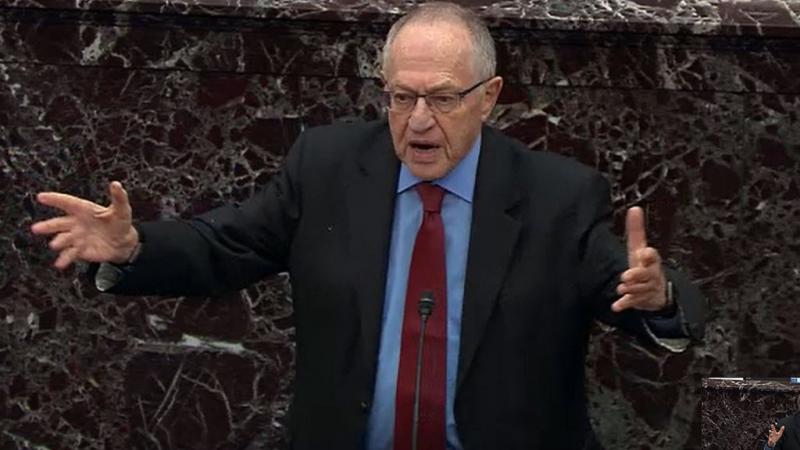California could claw back unemployment benefits from 900,000 residents
Hundreds of thousands are on the clock to show proof of prior employment or risk of having to pay back pandemic-related jobless benefits to state.
Hundreds of thousands of Californians who received unemployment funds from the federal Pandemic Unemployment Assistance (PUA) program are on the clock to show proof of prior employment or risk of having to pay back benefits to the state.
The state’s Employment Development Department (EDD) sent notices to about 900,000 PUA claimants in mid-November, which account for roughly 30% of total claimants. These notices informed PUA claimants that under federal requirements, they must submit documentation proving they were or planned to be employed at some point during the calendar year leading up to the start of their unemployment claim.
If the claimant does not submit documentation or cannot prove prior work history as required under federal law, they could be required to pay the EDD back for overpaid benefits.
“If a person fails to provide work history information, they will be found ineligible for the federal benefits they received,” the EDD said in an email to The Center Square.
To maintain benefits, claimants have a limited time to submit proof of prior employment. Those whose claims were filed on or after Jan. 31, 2021 have 21 days from receiving their notice to submit documentation. For those who filed before Jan. 31 and received a benefit payment after Dec. 27, 2020, documentation must be submitted within 90 days of receiving the notice.
Notices were sent out starting Nov. 10 via email, text message and through the UI portal, directing claimants to submit proper employment documentation. If a claimant does not respond to the initial notice, the EDD will mail a follow-up notice, according to a news release.
Claimants can request an extension by visiting their UI Online homepage and selecting “Request More Time” in the “Upload Employment Documents” section.
If someone is found ineligible for some benefits received after not submitting documentation, they will first receive a “Notice of Determination for Pandemic Unemployment Assistance,” which can be appealed. Then, the EDD will send a “Notice of Potential Overpayment,” which gives claimants another chance to provide information to determine if there was an overpayment of benefits.
If an overpayment is confirmed, the claimant will receive a Notice of Overpayment. They can either appeal or seek a waiver if the overpayment causes financial hardship in non-fraud cases.
The EDD first sent out notices to claimants about the federal requirements for proving employment history in August 2021 “to grant time for claimants to prepare accordingly,” the EDD said in an email to The Center Square.
According to the Sacramento Bee, about 2.9 million Californians have received benefits since March 2020, when the PUA program was created. The EDD said that claimants who did not receive a notice had already submitted proper documentation to meet the federal requirements or did not apply to them. The PUA program ended on Sept. 4, though individuals could apply for benefits through Oct. 6 to cover weeks of unemployment leading up to the September deadline.
Since the program began, state officials discovered that the EDD paid out an estimated $20 billion in fraudulent unemployment benefits to criminals, which accounts for about 11% of all benefits paid, according to the Associated Press.
Under this latest requirement, if the EDD determines that someone intentionally committed fraud by submitting false information to receive benefits, that person will be required to pay a 30% penalty on top of the overpaid amount. The person who committed fraud could also be disqualified from future benefits for up to 23 weeks, according to the EDD.
For those who did not commit fraud but were still paid unemployment benefits they were not eligible to collect, the EDD will send a notice requiring those individuals to repay the overpaid amount.













